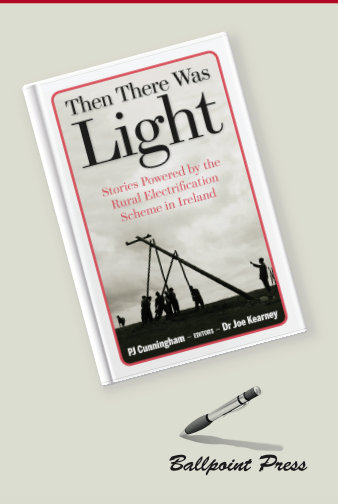

You might have thought that was enough - until Garry Wills published “ Lincoln at Gettysburg” in 1992, or until David Herbert Donald came out with “ Lincoln” in 1995, or until Doris Kearns Goodwin produced “ Team of Rivals” in 2005. That’s how many books have been written about Abraham Lincoln. Daniel is the author of “Anne Bancroft: A Life” (University Press of Kentucky).Some 16,000 - and counting.

Meacham reveals in his examination of the second inaugural address how Lincoln repurposed the Psalms and the Gospels to capture the moral essence of “this mighty scourge” in which “the prayers of both (sides) could not be answered.” The war, and slavery with it, finally ended only to be tragically punctuated by his assassination.Īn admirer across the Atlantic wrote before the 1864 election that supporters in England observed in Lincoln’s career “a grand simplicity of purpose and patriotism which knows no change and which does not falter.” Meacham’s fine account of America’s greatest president delivers a close-up that captures - wart and all - why Lincoln’s political sensibilities and moral vision were, like the Union itself, indivisible.ĭouglass K. Ultimately, it was not virtue but victory - the fall of Atlanta in September 1864 turned Northern skeptics into hawks - that delivered Lincoln a second term. It is little wonder that Lincoln sought to deliver more fairness in an unfair world. Rather, this account of his hardscrabble youth is less an any-boy-can-be-president morality tale than a foundation of Lincoln’s personal values and empathy informed by crushing poverty and loss. Meacham does not portray Lincoln’s backstory as mere iconography - the log cabin, the backwoods education, the rail splitting. Fueling the national disaster was the “Big Lie” of Lincoln’s day - that slavery was a justifiable institution. Jon Meacham’s excellent new biography, “And There Was Light: Abraham Lincoln and the American Struggle,” illuminates how Lincoln’s personal growth and travails enabled him to lead a nation along a fitful evolution toward freedom despite a catastrophic rebellion that denied it. While we tend to contemplate “The Great Emancipator” as fully formed well before he became the 16th president, his moral perspectives and political goals developed in a gradual process more akin to Darwin’s theories.

12, 1809, is the birthdate for both Abraham Lincoln and Charles Darwin. “And There Was Light: Abraham Lincoln and the American Struggle” by Jon Meacham (Random House)įun fact: Feb. This cover image released by Random House shows "And There Was Light: Abraham Lincoln and the American Struggle" by Jon Meacham.


 0 kommentar(er)
0 kommentar(er)
